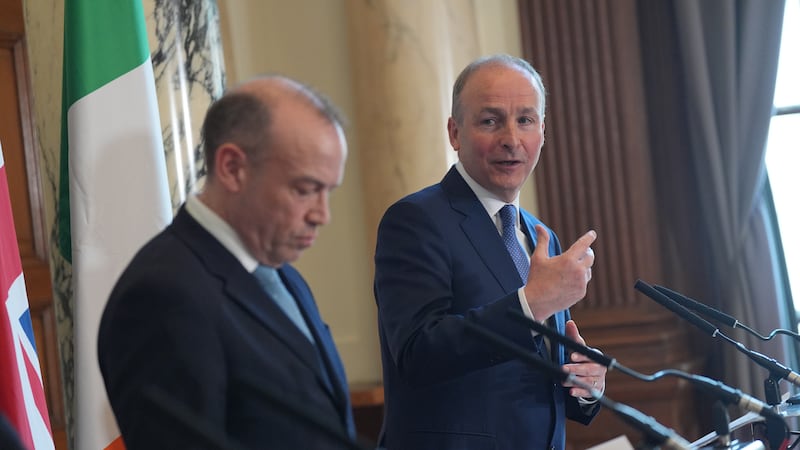IS it good to talk? The late Seamus Heaney famously wrote of "The famous Northern reticence, the tight gag of place…And whatever you say, you say nothing". Yet over the last few years, we have begun to talk about one of the biggest problems facing the north - our population’s mental health.
In the last 20 years our understanding of mental illness has greatly changed. Now only the most blinkered person would believe that depression and anxiety are problems which can be cured by 'getting out more' and just 'cheering up'. Yet not so long ago, people with these conditions were misunderstood and treated with derision.
Of course the term mental health covers a huge range of issues, from severe stress to obsessive compulsive disorder. In the north, decades of violence have impacted hugely on our mental state.
The statistics are nothing new, but they bear repeating. In 1972, widely regarded as the bloodiest year of the Troubles, 67 people died by suicide. In 1994, the year of the IRA and loyalist ceasefires, that figure had jumped to 151. Over the last decade, the figures have risen dramatically, to a peak of 313 suicides in 2010. The figures have dropped slightly in recent years, but they remain far too high, particularly among young men.
Suicide prevention charities including PIPS, founded by inspirational north Belfast campaigner Philip McTaggart, have made huge strides in raising public awareness - and on a very limited budget. But they cannot reach everyone. The need for continued action to tackle suicide is clear.
The Department of Health has had a suicide prevention strategy for almost a decade. And several years ago it looked as though the government was really beginning to take the problem of suicide clearly. Lifeline, a publicly-funded helpline for people at risk of suicide was set up in 2007. Demand for its counselling services has remained high.
Over a three-month period in 2011 it received 12,500 calls. Over a similar period in 2014 it received 17,500 calls. In total, around 90,000 calls are made to the helpline every year.
There are no plans to scrap Lifeline. But the service looks set to be downgraded, or at the very least, radically altered. At present, callers who need further help and counselling are directly guided through the next steps. But now the Public Health Agency (PHA) wants callers who are “not at immediate risk of suicide” to be referred elsewhere.
The service employs trained counsellors who are on call 24 hours a day, seven days a week. Under the PHA's proposals this will change. The health agency has said it wants the helpline to "provide a 'listening' service, rather than a formal counselling service".
The proposed changes are out for public consultation until November 19. The PHA has insisted that callers will continue to be offered further counselling "if needed” and the overall number of counselling sessions will be increased.
Yet how many callers, after plucking up the courage to ring a helpline and discuss their personal issues, will want to be passed on to some other organisation? How many young men will be happy to take a reference number and make their own way to a separate counselling service? How many people, who are accustomed to a life of "Northern reticence", will be able to seek the help they need without close guidance and support?
Most experts agree that continuity of care is key. A 'listening ear' is helpful, but it can never replace people who are trained and experienced in dealing with what are ultimately life or death concerns.
Writer Rae Earl, whose teenage diaries about her mental illness were later adapted into an award-winning Channel Four series My Mad Fat Diary, has put the problem best. To her, it is not mental illness which is the problem, but people’s reluctance to talk about what is really affecting them.
In an interview in 2013 she said: "I hope the series gives people a platform to say, 'Yeah, I don’t feel very good,' because hidden mental illness is what’s so troubling."
To contact Lifeline please ring 0808 808 8000




